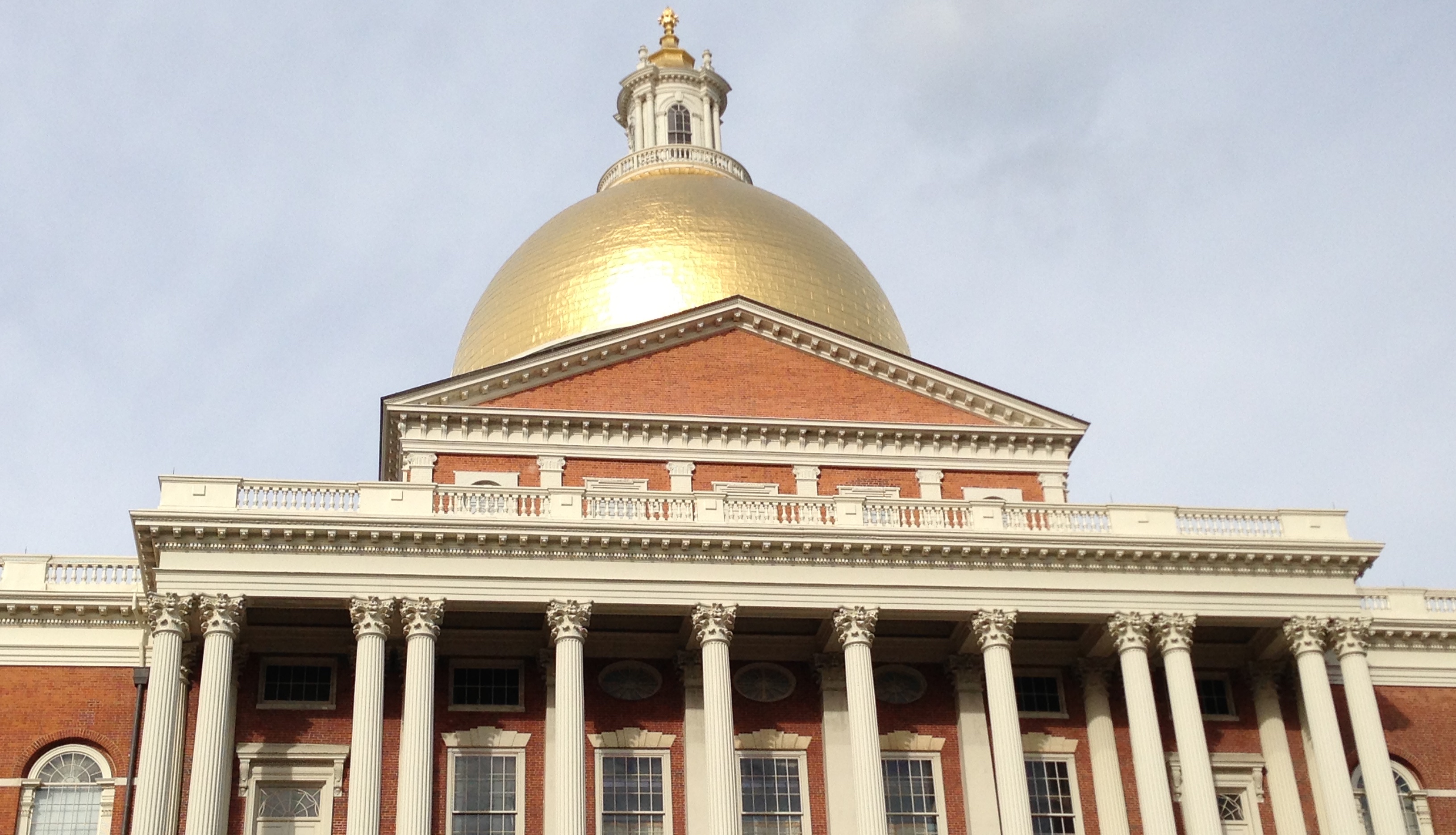NBC Boston
His Senate counterpart, Sen. Mike Barrett, was a little less optimistic.
“This looks to be a major rewrite,” Barrett texted a News Service reporter. “Hard to know what the two legislative branches will manage to agree on, in the time we have left.”
“This has already been a tough negotiation,” Barrett added.


